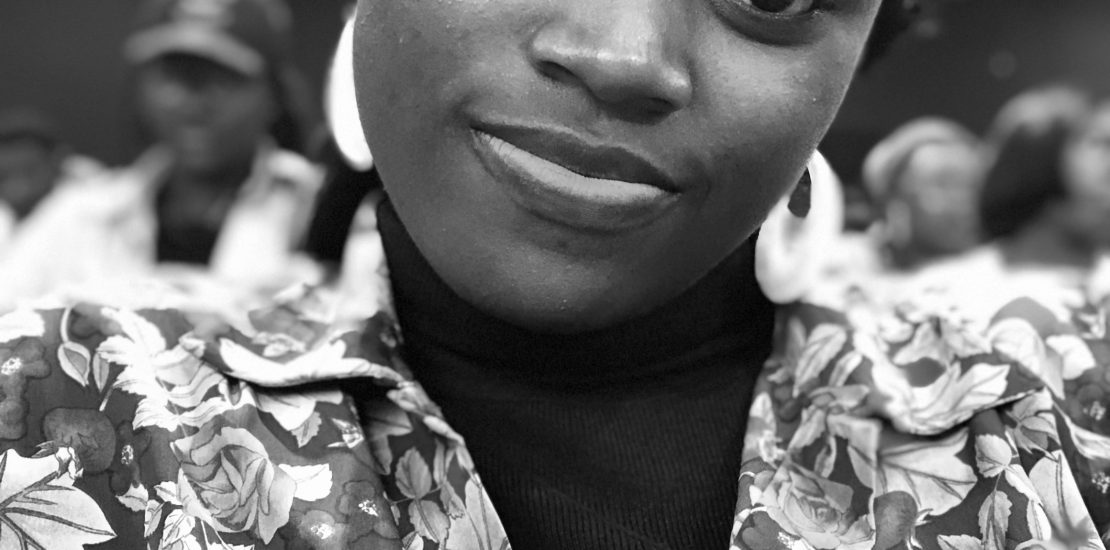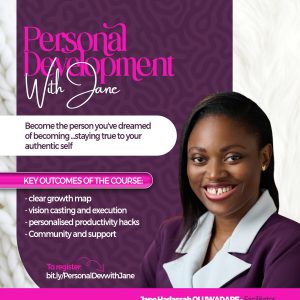- 17 February, 2023
- Posted by: Jane Oluwadare
- Categories: Jane's Thoughts, Neurodivergence, PHRONESIS Lighthouse, Productivity, Productivity at work

RSD (rejection sensitive dysphoria) can be tricky to navigate when both sides are hurt/offended. Navigating the controversy of offence and penance is big deal when you are neurodivergent.
Dealing with the controversy of offence: “I was hurt, but I hurt them too”
The other day, as I listened to Kieran Rose share at the Interdisciplinary Autism Research Festival (catch a replay of his session HERE), one major thing that stood out for me is how much the autistic community has helped me to discover myself, and why I wanted to pass that on to others. For context, one of my mentors always talks about becoming schooled in the knowledge of who you are, but for most autistic people (and maybe even most neurodivergent people), self discovery is a desperate need.
For us, self-discovery is a survival skill – a fundamental tool that equips us with enough words to attempt to become understood by others, and ever so often makes the difference between whether or not we would be able to survive a world whose ever-changing, unwritten rules make little to no sense (even though a vast majority of the population know, understand, and live by these rules).
It almost makes life into a us-vs-them tussle, and while we ask to be heard, listened to, and accepted for who we are (as against broken versions of some mythical neurotypical that needs fixing), true integration may not occur if we do not learn to make some room for them too. There has to be some middle ground, and one of the things I hope to achieve by writing is to help build that bridge.
That said, let’s dive right into this month’s lessons: RSD when you are hurt
You know those moments when you let the team down because you were unable to get something done? For the purposes of this letter, I am not considering things like poor delivery, shoddy work, or carelessness. I’d like us to focus on the moments when executive dysfunction messed with our ability to switch tasks, or time blindness made us miss the deadline, or communication struggles made us appear rude etc. Sometimes, the team/leader is understanding, but sometimes, they are not. And we get caught in the loop of rejection sensitive dysphoria, triggered by their response to our failure to meet the set standard.
Sometimes, it might be in relationships. You had a commitment, but you woke up with not enough spoons to get through the day, and so had to cancel (read up on the Spoon Theory HERE). They felt hurt and disappointed/let down, and lashed out. Sometimes, the lashing is coming on the heels of our own earnest apology, and it feels unfair in the light of everything: you did not want to hurt them/let them down, but it happened anyway, and you feel trapped between your own internal bashing, and their external lashing.
They hurt us with their response, but we hurt them too. Sometimes, that momentary loss of executive function hurts the business/team’s output, and their reaction is justified – or is it? Do we get a get-out-of-jail-free card because of our disability, even when it falls to our team mates to pick up our slack, often without prior notice? And as we struggle with the spiral into RSD (especially when their disciplinary measures or even simple responses or expression of displeasure echoes and amplifies the internal rhetoric of self-denigration and beats down on our already battered self-esteem), there’s a conflict of interest. You want to be the mature person and let them lash out, but their lashing is hurting you, and you want to lash out as well. This can also be further complicated if you think the situation could have been avoided had a requested accommodation been granted.
The struggle to communicate can show up in so many ways, and impacts on our relationships in several dimensions and nuances (and at this moment, I don’t have all the words I wish for to describe the weight of the problem).
I want to believe that you will agree with me that insisting on who is wrong or right is an exercise in futility (especially so when you value the relationship).
But if trading blame is not in itself a solution, what can we do instead to handle RSD when we are hurt?
- Take a step back. Remove your emotions from the equation. Actions have consequences, whether you like it or no, and responsibility means taking ownership for the rewards (positive or otherwise) of what you did. The job of taking care of your heart belongs to you, and not to other people, so start with whatever was damaged (a task, the business/team profile, a deliverable, the other person’s trust etc.) and start the repairs from there.
- Accepting responsibility helps you build social capital, and so often soothes ruffled feathers. Graciously accepting your faults, seeking clarification and a long rope with those lashing often times resolves the matter.
- A bank of good results/tangible proof. As much as you can, deliver excellent work, and on time. This bank becomes the proof they have to make excuses for you on the days you fall short because your neurological wiring decided to be itself (too few spoons, sheer exhaustion, executive dysfunction etc.). It also becomes the tangible point of reference to leverage on and ask for grace or extensions as needed. The debilitating symptoms of neurodivergence can be quite unpredictable, so as much as possible, show up with your A+ game
- Self-advocate for needs. My boss once said something I agree with, and I’d share it here: requesting for support with a task/deliverable ahead of time is more acceptable than making excuses AFTER dropping the ball. As much as possible, let those around you know what you might need before you need it, and alert them to a potential crash before it happens. It’s not always convenient, and can feel downright humiliating, but it can save the team (or relationship) a lot of heartache if they have the chance to adapt and make room for you before you need it. Sometimes, people don’t mind helping, but they don’t know how to, and surprising them all the time is not always fair. Of course, we have those who are not as tolerant or accommodating, but I’d say it’s better to have it on record that you tried.
- Set up systems. When I first wrote this, it was my 4th month of I stepping into a new role at work, and some of the systems I built after my role switch had just started to yield fruit. A properly set-up system is a long-term investment, and you should keep at the building, even if the results are not immediately apparent. Well-built systems catch your slip-ups, and cover the worst of your gaps, holding stuff in place long enough for you to fix it as you recover from whatever the set back was.
- Politely, but firmly call out the unpleasant/hurtful behaviour if it persists or is repetitive. NO ONE deserves to be lashed at, or treated as less than human, regardless of what they did wrong. Every single human deserves respect . Your inner critic may not agree, but the first step to taking care of your heart is to recognise what is not right, and call it out for what it is. You’d need to watch your timing, so your point does not get lost in translation as being defensive (I still struggle with this), and possibly your tone, but it needs to be done.
- NO ONE is perfect. Give yourself some grace. No matter how tempted you are to throw in the towel, a mistake is only a mistake, not a death sentence. There’s no invisible checklist/scale hanging over your head to determine whether your life is good enough to deserve being continued. Pick yourself up, dust yourself off, learn from the slip up, and do better. Grow because it would do your heart good to make less stumbles, and not because you want to satisfy some unseen checklist.
- Life’s not fair. We deal with it, roll with the punches, and give some back
REFLECT:
What are your most common mistakes? What do you struggle the most with? How can you build an affordable system (that fits into your current budget and/or with available tools) to mitigate it? Who needs to know of this struggle? Who do you have in your circle that has a good hang of the process you struggle with? Can you reach them for tips? What does your action plan now look like?
I could go on and on, but answering these questions would be a good start for the sort of introspection that leads to growth. And as you find answers, drill down on each one, weigh it, and then ask yourself what you could do with the new information to move yourself towards the life you prefer. (Remember May 2021’s lesson? Action is the end goal. We want to become more than repositories of knowledge).
For extra support in your internal work, you might want to sign up for Personal Development with Jane. It is specifically tailored to help you lean into your unique wiring and turn your weaknesses into strengths
-
 Personal Development with JaneGBP,£ 150.00.
Personal Development with JaneGBP,£ 150.00.
I hope you enjoyed this article. If you’d like to read more on intentional growth, self-awareness and productivity, you should consider signing up for my newsletter
Was this helpful? Leave a comment, share with your circle, or read more like it
Yours in growth, development, and with a lot of love
Jane OLUWADARE
P.S.: I first wrote this to my newsletter community in July 2021, but I thought you should get to read it too.


